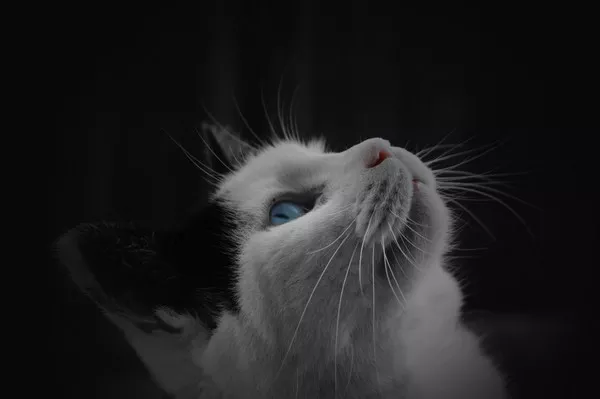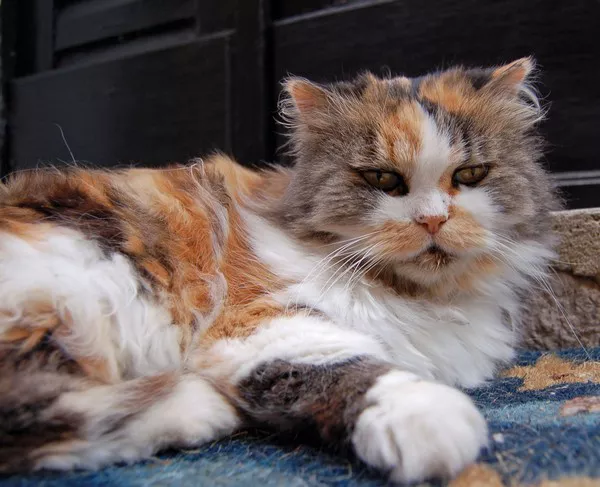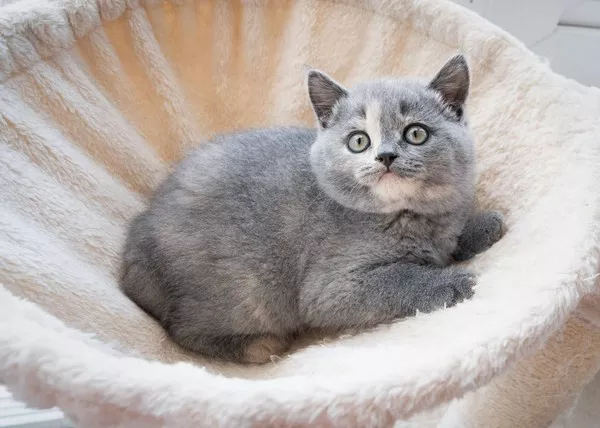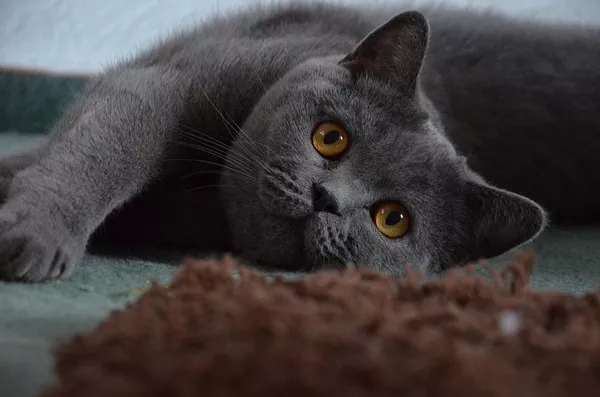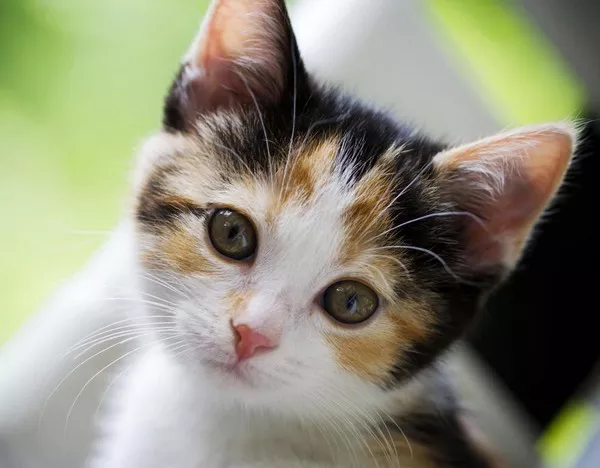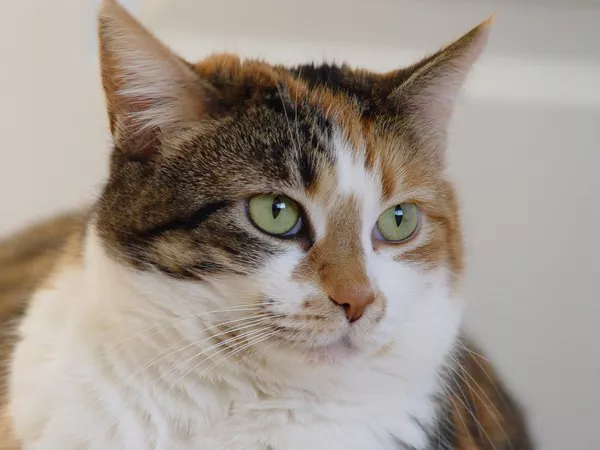British Shorthair cats are one of the most popular cat breeds in the world, renowned for their adorable appearance and calm demeanor. However, some people have concerns that these cats can be destructive, causing damage to furniture and household items.
In this article, we will explore whether or not British Shorthair cats are truly destructive. We will look at their natural behavior, ways to prevent destructive behavior, and tips for training your cat.
Understanding Natural Behavior
The first step in determining if British Shorthair cats are destructive is to understand their natural behavior. All cats, including British Shorthairs, have a natural instinct to scratch, climb, hunt, and play. These behaviors are essential for their physical and mental wellbeing, and it is important to provide them with opportunities to engage in these activities.
Scratching is a natural behavior for cats, and without appropriate outlets, they may resort to scratching furniture and other household items. Providing your cat with a scratching post or pad can help redirect this behavior and protect your home.
Climbing is another natural behavior for cats, and many British Shorthairs enjoy perching on high surfaces. Consider providing your cat with a cat tree or window perch to fulfill their climbing needs.
Hunting and playing are also essential for a cat’s wellbeing, and toys such as balls, feathers, and interactive puzzles can keep your cat entertained and mentally stimulated.
Preventing Destructive Behavior
While British Shorthair cats have natural instincts that need to be fulfilled, there are steps you can take to prevent destructive behavior from occurring. One effective method is to use deterrents, such as double-sided tape or citrus sprays, to discourage your cat from scratching furniture or other inappropriate items.
Another way to prevent destructive behavior is to establish clear boundaries for your cat. This can involve designating certain rooms as off-limits or using baby gates to restrict access to certain areas of your home.
Training Your Cat
Training your British Shorthair cat can also help prevent destructive behavior. One effective training technique is positive reinforcement, where you reward your cat for good behavior such as using their scratching post or playing with appropriate toys.
You can also train your cat to respond to certain commands, such as “no” or “stop,” which can be used to discourage destructive behavior. It is important to note that punishment should never be used as a training method, as it can lead to fear and anxiety in your cat.
What are the disadvantages of British Shorthair?
1. Grooming: British Shorthairs have dense, plush coats that require regular grooming to prevent matting and shedding. While they don’t require as much grooming as some long-haired breeds, you’ll still need to brush their coat at least once a week and provide them with regular baths.
2. Health issues: Like all purebred cats, British Shorthairs can be prone to certain health problems. Some common issues in this breed include heart disease, kidney disease, and joint problems such as hip dysplasia. You should be prepared to take your cat to the vet regularly and potentially invest in expensive medical treatments if necessary.
3. Weight gain: British Shorthairs have a tendency to become overweight if they’re not given enough exercise and playtime. This can lead to health problems such as diabetes, so it’s important to monitor your cat’s diet and provide plenty of opportunities for exercise.
4. Independence: While British Shorthairs are affectionate and loving, they’re not necessarily lap cats. They tend to be more independent than some other breeds and may prefer to spend time alone rather than cuddling with their owners.
5. Cost: British Shorthairs are a popular breed, which means they can be quite expensive to purchase from a reputable breeder. Additionally, you’ll need to budget for ongoing expenses such as food, litter, toys, and veterinary care.
Conclusion
In conclusion, British Shorthair cats are not inherently destructive, but they do have natural behaviors that need to be fulfilled. Providing your cat with appropriate outlets for scratching, climbing, hunting, and playing can prevent destructive behavior from occurring. Using deterrents, establishing clear boundaries, and positive reinforcement training can also help keep your home safe and your cat happy and healthy. With proper care and attention, British Shorthair cats make wonderful companions and are unlikely to cause significant damage to your home.



